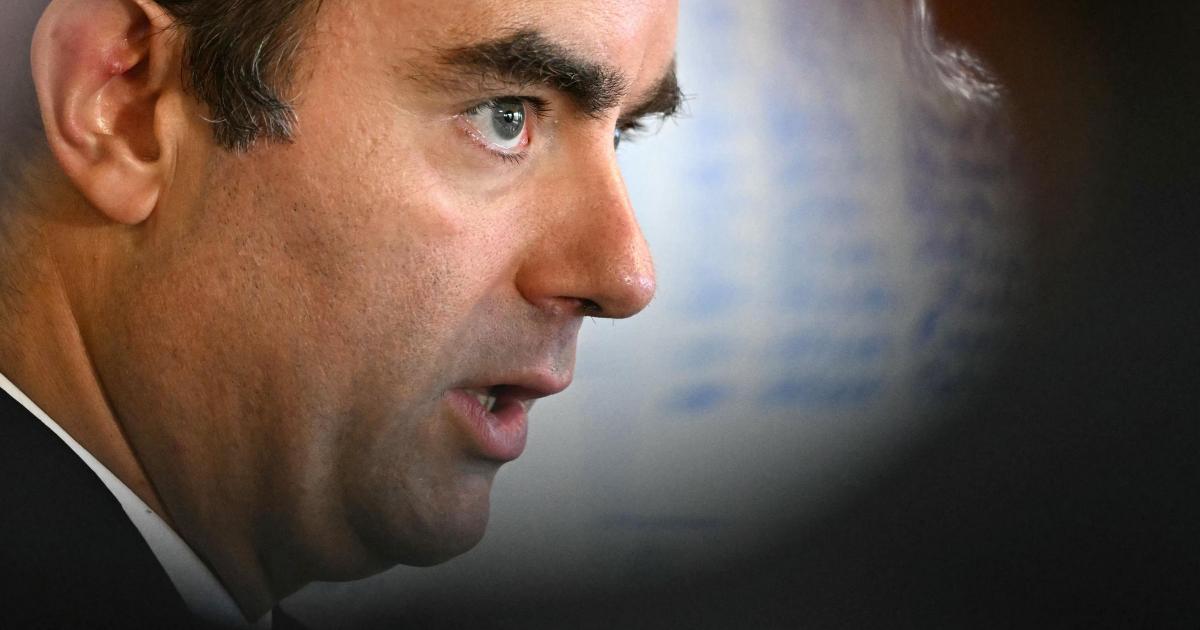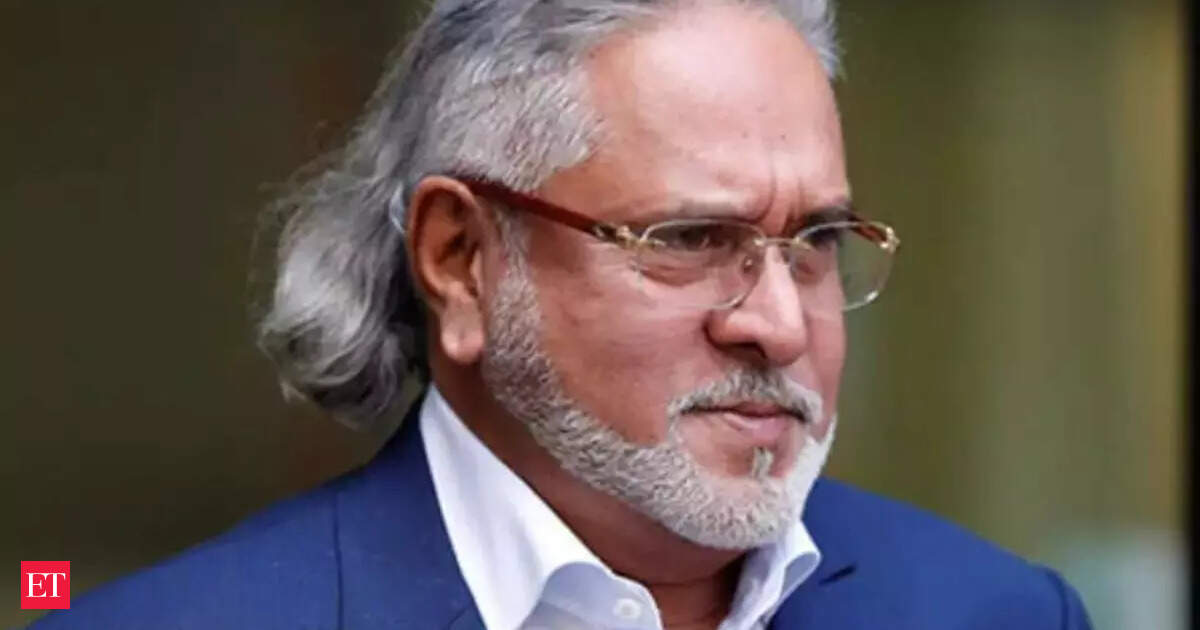The Cabinet includes several members who served in previous governments, from French President Emmanuel Macron’s centrist camp and allied conservatives, as well as some people from outside the political sphere.
It is unclear how long this new team will last. Mr Macron, whose term ends in 2027, lacks a majority in the deeply fractured parliament. Opposition legislators have called for new elections or his resignation.
Mr Lecornu, a 39-year-old centrist and close ally of Mr Macron, and his government will now have to seek compromises to avoid an immediate vote of no confidence in the National Assembly, deeply fractured among far right, centrist and left-wing camps.
Among new appointments is a new defence minister, former labour minister Catherine Vautrin, who will help oversee French military support for Ukraine and address threats to European security posed by Russia.
Paris police chief Laurent Nunez, who oversaw security for the 2024 Olympics, becomes interior minister, in charge of national security.
Roland Lescure will be finance minister, a crucial job as France tries to produce a budget that tackles ballooning debt and growing poverty.
Among those keeping their jobs is foreign minister Jean-Noel Barrot, who travels on Monday with Mr Macron to Egypt for an international ceremony marking the Gaza ceasefire.
Mr Lecornu, France’s fourth prime minister in a year, appointed his first government a week ago – then resigned hours later amid protests by a key conservative coalition member. That unleashed days of political uncertainty.
Mr Macron persuaded Mr Lecornu to stay on as prime minister and renamed him on Friday. Mr Lecornu acknowledged on Saturday that there were not “a lot of candidates” for his job – and that he might not last long in the post given the country’s deep political divides.
Mr Lecornu may be forced to abandon an unpopular pension reform that was one of Mr Macron’s signature policies in his second presidential term.
Put through parliament without a vote in 2023 despite mass protests, it gradually raises the retirement age from 62 to 64. Opposition parties want it scrapped.
Mr Macron’s shock decision last year to dissolve the National Assembly produced a hung parliament and political paralysis as it faces a debt crisis that has worried domestic businesses, global financial markets and EU partners.


